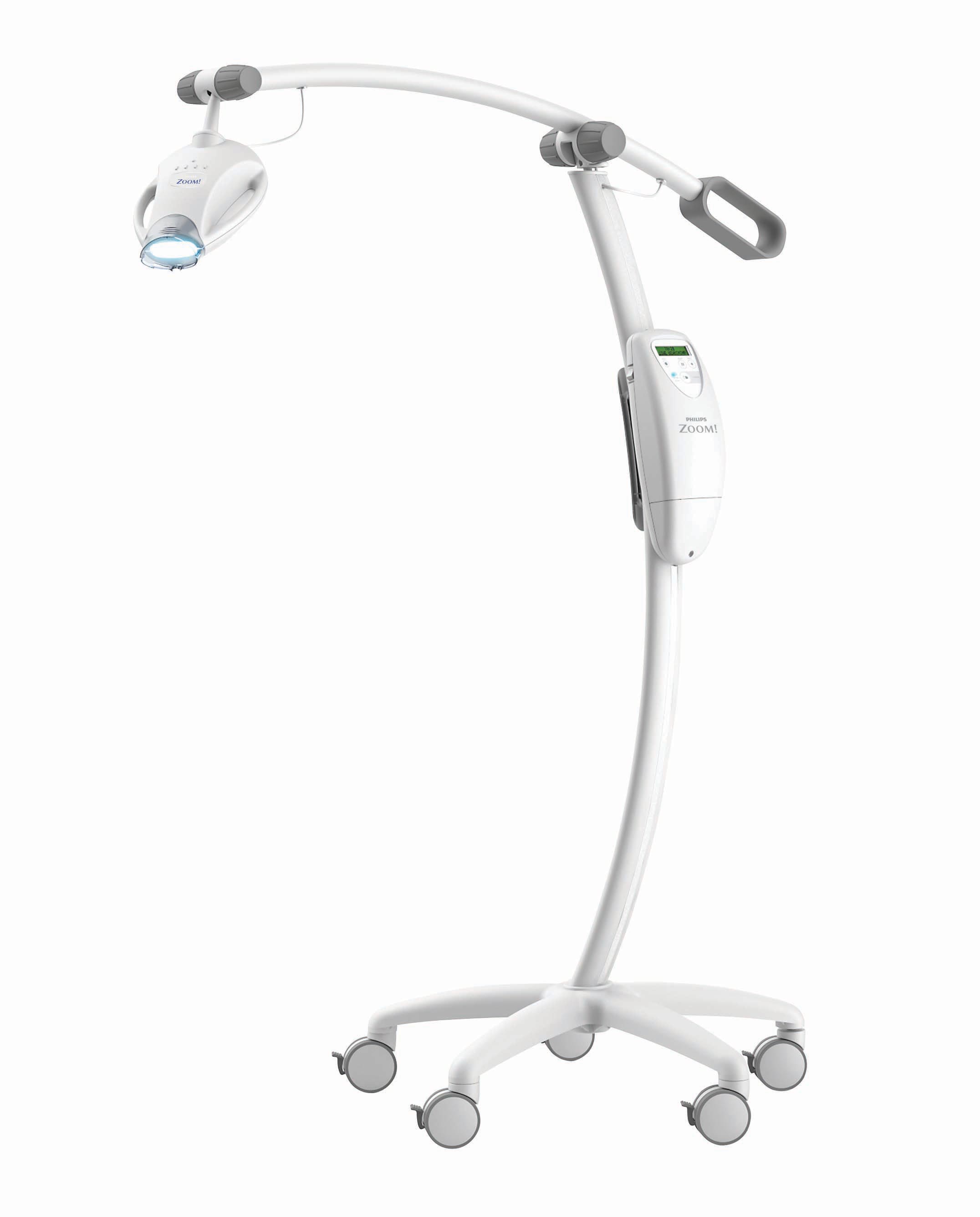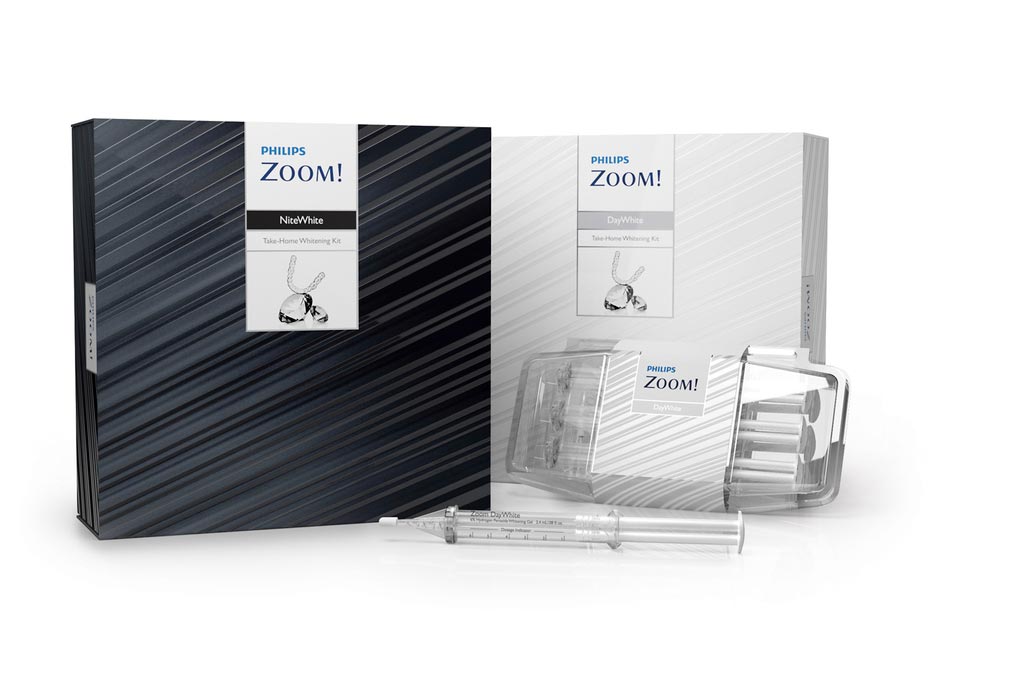Debunking the myth of whiter teeth with activated charcoal?
15 Mar 2021In recent years, activated charcoal has appeared on the market as a popular teeth whitening ingredient. It is promoted as a natural alternative to peroxide for removing food stains and whiten discoloured teeth - but does it work and is it safe?
What is activated Charcoal and does it work?
Despite its popularity, there is very little scientific evidence substantiating the benefits of activated charcoal in whitening teeth. While charcoal may be able to remove surface stains, it cannot target intrinsic stains that stem from within the tooth. Only in-office whitening treatments have access to a higher strength mechanism that will be able to target these intrinsic stains. If you do choose to use charcoal-based teeth whitening products, make sure it does not replace everyday tooth brushing and flossing in order to prevent plaque accumulation.

If you want to use a charcoal-based teeth whitening product, consult your dentist/dental hygienist and discuss the best options for achieving a brighter smile.
Is charcoal toothpaste safe?
Risk of enamel erosion
The abrasive nature of activated charcoal may wear down tooth enamel and can eventually cause permanent damage to your teeth. By thinning the enamel layer, more of the inner dentin is exposed and your teeth can appear darker – the opposite of the desired effect.
Check for unsafe ingredients
Some charcoal-based toothpastes contain artificial sweeteners and/or sorbitol, as these chemicals can act as laxatives that may have detrimental effects on your health.
Avoid when pregnant
There are currently no studies on the risks of using activated charcoal during pregnancy, so the effects remain unknown. Additionally, changing hormone levels during pregnancy can make gums more sensitive and prone to bleeding. The abrasive nature of charcoal can cause further discomfort to already sensitive gums. Furthermore, teeth enamel becomes particularly delicate during the first trimester of pregnancy due to frequent morning sickness. The acidic vomit accelerates enamel erosion, so activated charcoal should be avoided to protect against tooth decay.
Risk of tooth decay
Not all charcoal-based teeth whitening products contain fluoride, which may leave your teeth vulnerable to decay. Fluoride helps to strengthen teeth and is often found in many types of toothpaste. However, if you substitute your regular toothpaste with a charcoal-based variety, you may run the risk of tooth decay due to insufficient fluoride.
Alternatives to activated charcoal for whiter teeth

Maintaining good oral health habits is key to achieving a white smile.
Certain factors like red wine, coffee and tea can increase staining to your teeth; therefore we recommend that if you consume these products, you rinse your mouth with water and brush your teeth afterwards.
Quitting smoking can also improve your smile. Cigarette smoking yellows teeth enamel among other damaging effects.
The fastest and most effective way to get your teeth looking brighter is to see your dentist/dental hygienist for a teeth whitening consultation to see if teeth whitening is an option for you. Sometimes patients have fillings or crowns on their front teeth which do not whiten; however, it is still important to visit a dental professional if you are unsatisfied with the discolouration of your teeth to see what options are available to you.
If teeth whitening is an option for you, we offer two options at our practice:
- Zoom in office whitening: During this safe process we will use a low concentration of hydrogen peroxide, an active ingredient, to restore the natural colour of your teeth with immediate results.
- Zoom take home trays: With a slightly lower concentration of hydrogen peroxide, we are able to offer this product to our patients for home use. All patients are also given custom made whitening trays.
Prior to your whitening appointment, we recommended having your teeth cleaned to ensure a more optimal result.
Whitening Brushing Dental Hygiene Back to Articles